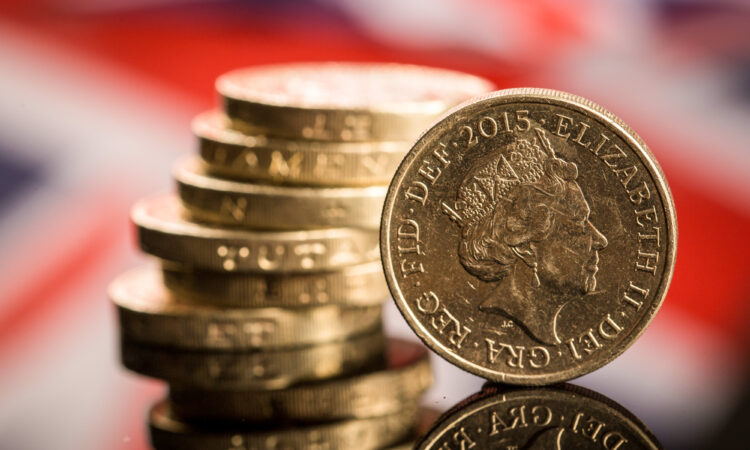
But as each of the 382 voting seats declared results throughout the night local time, currencies gyrated, with the pound finally capitulating to a session low of $1.3224, after both the BBC and ITV projected the seats’ totals would land in favor of leaving the EU, and senior leave campaigners called a victory.
That sent the British currency to its lowest levels since at least 1985, and came just hours after the pound tapped a year-to-date high of $1.5018, in what may be the currency’s most volatile session since at least 1986. At 3:29 p.m. ET, the pound was fetching $1.364, an over 8 percent drop over the previous session.
However, investors might regret selling so many pounds, Christopher Semenuk, portfolio manager at TIAA Global Asset Management, told CNBC.
“If you think the EU is going to break up, selling the pound doesn’t make a lot of sense,” he said by phone, adding this would be a better play than other currencies in the region should the EU disintegrate.
Anna Rathbun, director of research at CBIZ Retirement Plan Services, said Friday “it’s going to take the market some time to find equilibrium for the dollar against the pound.”
“This is going to be a prolonged period of finding where the value is,” she said.
Meanwhile, the dollar/yen pair fell sharply, last trading more than 3.6 percent.
The pound’s tumble against the yen was also stark. The U.K. currency fetched near 139.64 yen around 3:30 p.m. ET, off from levels around 160 yen early in the Asia session.
The euro also tumbled, falling as low as $1.0909, its lowest since May, with the common currency off a session high of $1.1432.
Early results at one point had shown the leave camp had as much as nearly 53 percent of the vote. The pound took a particular hit from early results from Sunderland, which showed the city voted 61.3 percent in favor of leave, a stronger than expected outcome.
Sunderland was seen as a bellwether of whether the leave campaign had managed to sway a blue-collar demographic, according to the think tank Open Europe.
That roller-coaster action followed an earlier surge in the the pound to as high as $1.5018 from around $1.48 on Thursday after an initial exit poll from YouGov showed 52 percent of respondents favored staying in the EU, while 48 percent preferred leaving. The survey of 4,772 people involved the polling firm going back to voters it had spoken to previously to ask how they voted.
Key Brexit campaigner, U.K. Independence Party leader Nigel Farage declared “independence day” as media outlets began calling the outcome for leave, having initially said he believed the remain camp had “nicked it.”
British one pound sterling coins.
Jason Alden | Bloomberg | Getty Images
The pound could fall even further, with some analysts having forecast prior to the voting that it would drop to as low as $1.20 in a Brexit scenario.
Before the Sunderland results came in, Jim Rickards, editor of Strategic Intelligence, told CNBC’s “Rundown” that “the market was priced for remain, but if leave wins, there’s going to be an earthquake.”
The outcome projected by media outlets did send traders running for the exits, with Japan’s Nikkei 225 index plummeting as much as 8 percent at one point, and posting its worst trading day since March 15, 2011.
Fear of a Brexit has been driving currency trade recently. Some foreign-exchange traders noted that over the past week or so, customers were “panic buying” euros and dollars to protect themselves in the event the leave camp won the referendum.
Sakthi Ariaratnam, global director of Thomas Exchange Global in London, said that volume had been exceptional over the past couple of days, with many customers buying other currencies ahead of their vacations in case a possible Brexit sent the pound lower.
Some customers had told him other exchanges had run out of euros.




